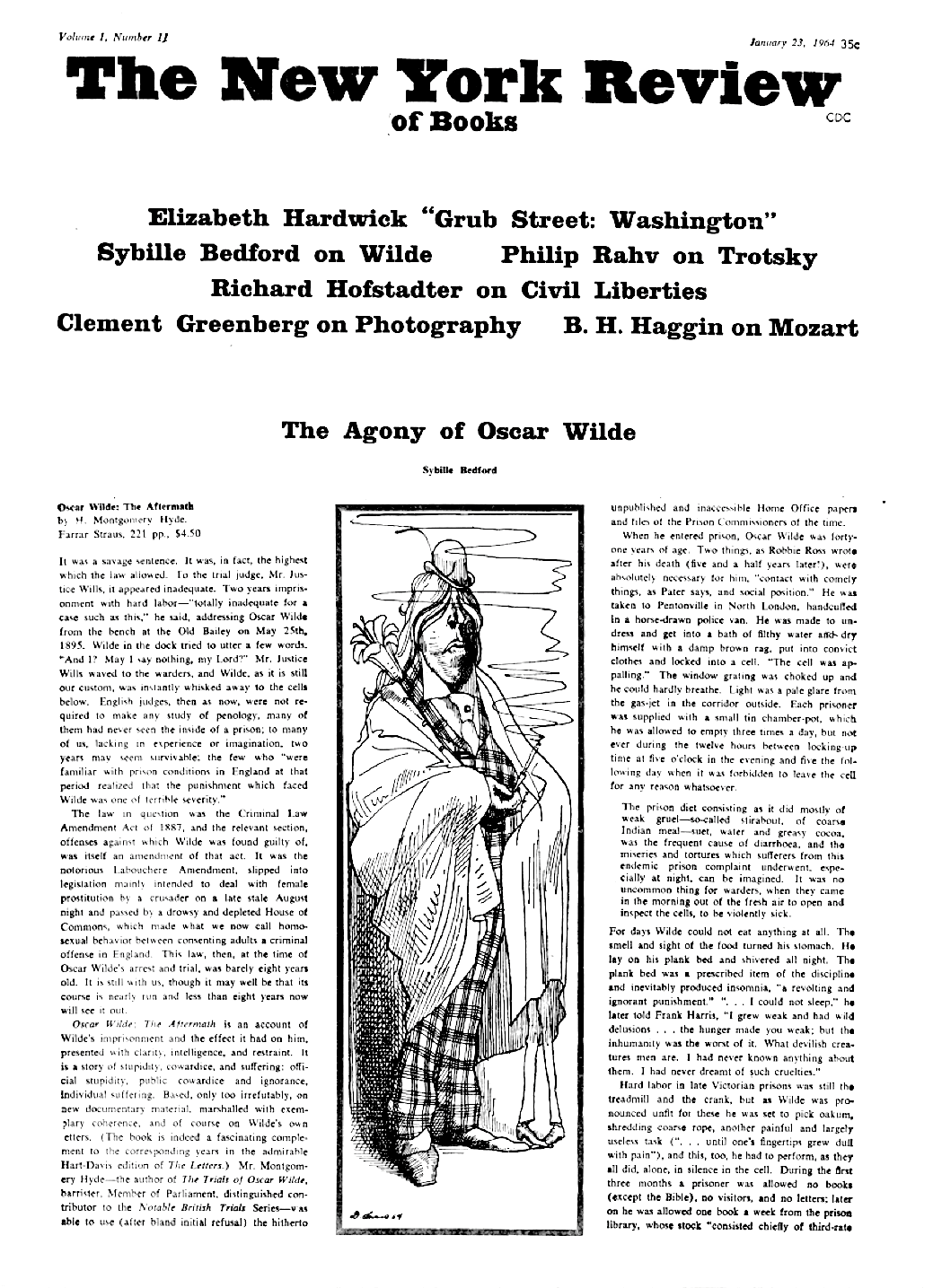In response to:
The Great Tradition from the December 12, 1963 issue
To the Editors:
The achievement of Scrutiny is to be found among its enthusiasms rather than its antipathies. Mr. Richard Poirier. your reviewer of the reissue, reminds us of Scrutiny’s successful campaign to put the Sitwells in their place but reglects to mention that Leavis’s great tradition also had little use for Spenser, Milton, Shelly, and Joyce, to say nothing of such continental masters as Dostoevsky, Proust, and Kafka. Scrutiny specialized in being right—half the time. In order to praise, it felt compelled also to damn, and then found it easy to do so because it possessed “standards” against which all works could be judged. These standards appeared to their best advantage in debate, as in the 1937 exchange between Wellok and Leavis when the former was so soundly trounced that Scrutinizers were able to conclude anybody could be a literary theorist if he had moral earnestness and a feeling for poetry. Believing it knew the truth, Scrutiny felt secure in denouncing the later work of Empson and Richards and in disregarding critics in the colonies such as Blackmur, Burke, and Frye.
Mr. Poirier tells us that he was at Downing College in the early Fifties, but his two contributions to your review have contained unmistakably Leavis-ite hostility to other kinds of excellence… In your Christmas issue he charges that “Frye’s mythopoeic criticism [is] another way of evading the critical task to which Scrutiny dedicated itself.” Mr. Poirier’s standards for such judgments are given more thorough exposition in four sentences of the preface to In Defense of Reading, a recent casebook of which he is co-editor…
If literary criticism is ever to become something more than a matter of personalities and hero worship, however, Mr. Poirier will wish carefully to consider Frye’s essay called “Homer and Nature” in which he explains why categorical judgments must have priority over value judgments. The conception of criticism to which Scrutiny dedicated itself did not include this awareness. But now that the principle has been clearly enunciated, it would be most unfortunate if the idea were treated, by Mr. Poirier or any reviewer, with casual partisan contempt.
John E. Grant
University of Connecticut
Storrs, Conn.
This Issue
January 23, 1964


